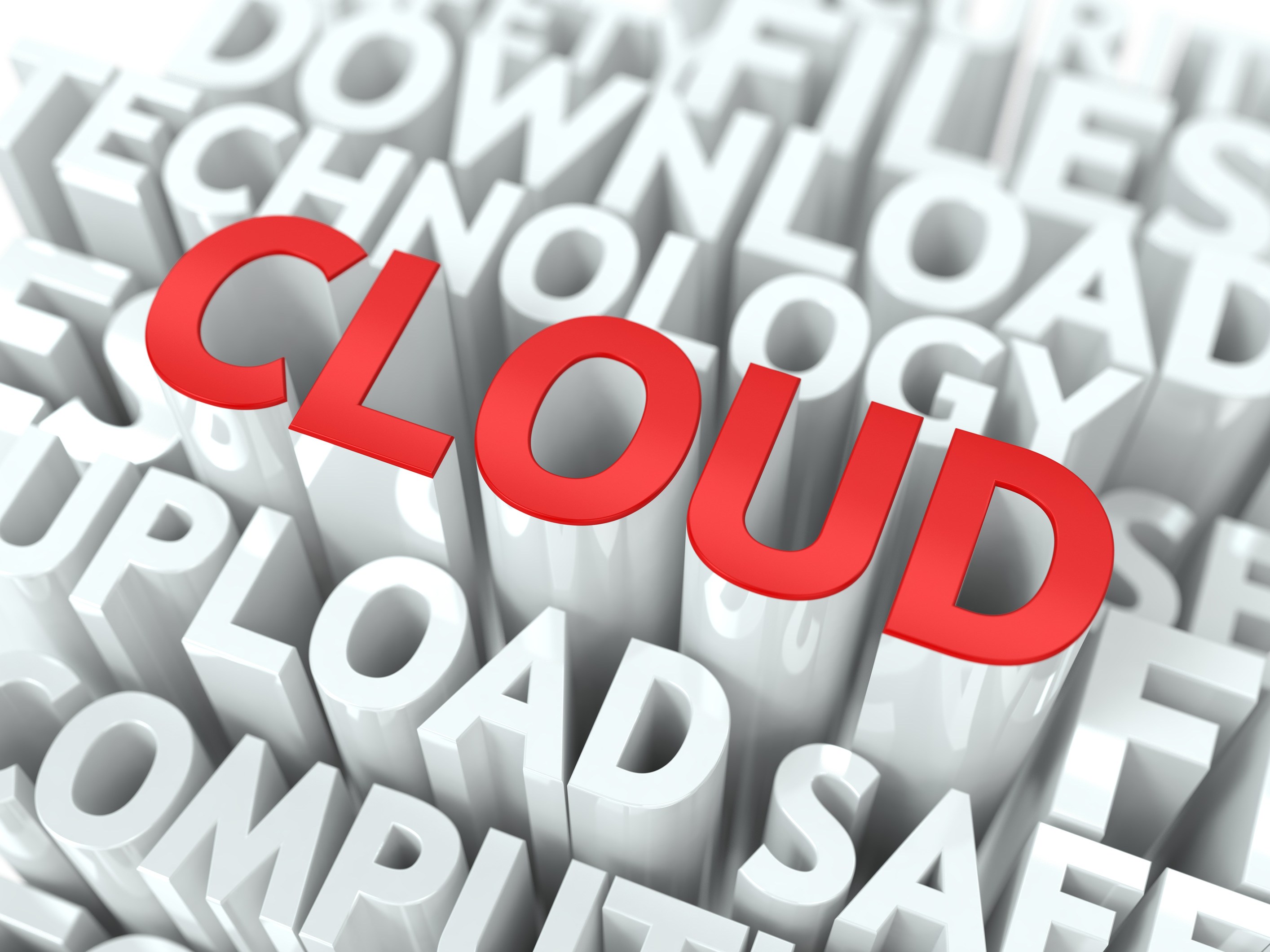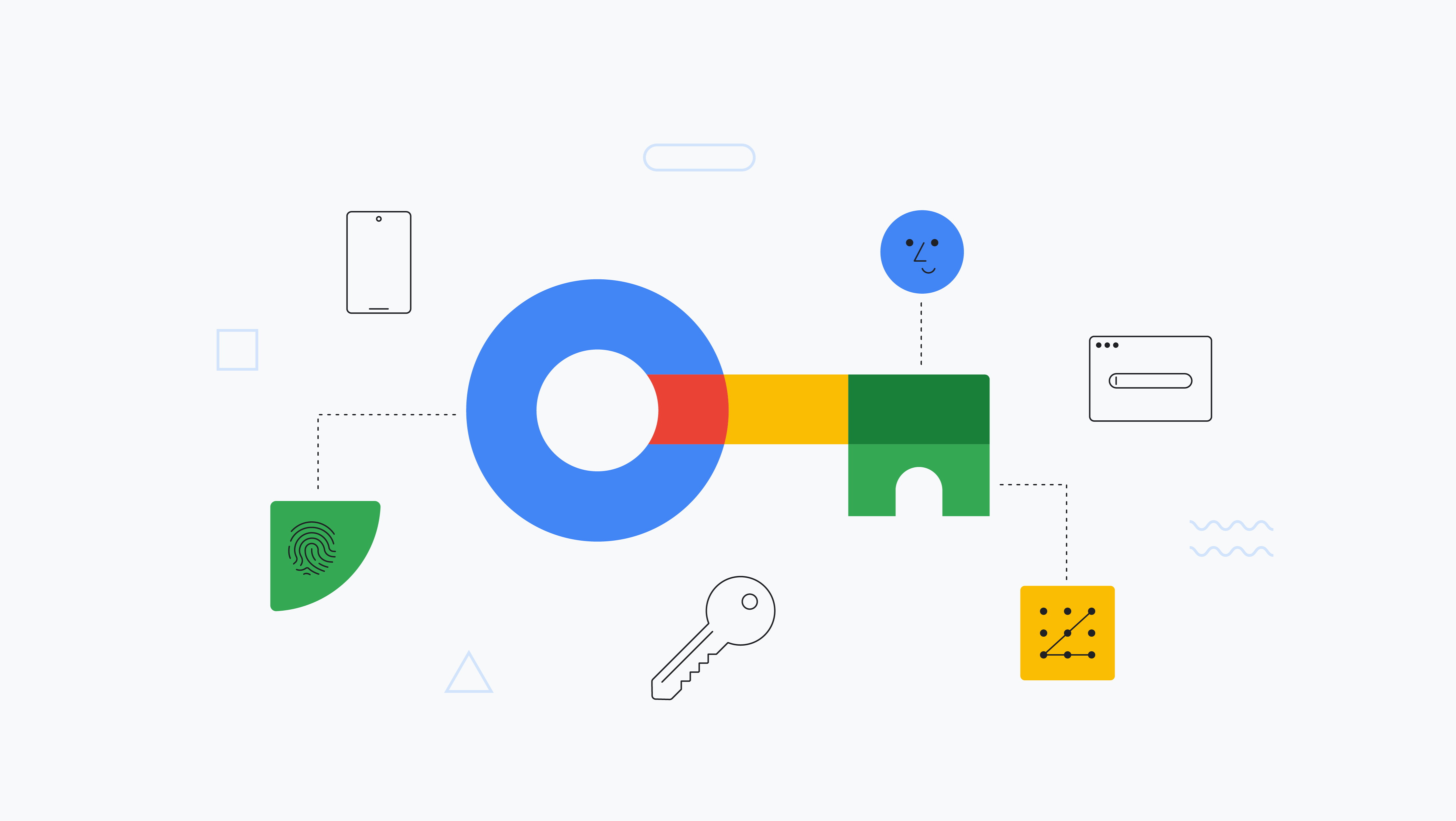Cloud computing has been an extremely disruptive industry since its inception. Beginning in the form of shared mainframe resources back in the 1950s, it gradually went through various stages like virtualization and utility computing (computing as a metered service) before eventually becoming the complete IT infrastructure solution that it is today.
For businesses, cloud services makes perfect sense because it reduces their IT costs, isolates their data and protects it from cyberattacks to as robust a degree as implementing security measures and protocols themselves. Even more, in many cases.
But for the individual user, the cloud is still a gray area, pun intended. Questions like: Is it safe, will be data be shared with anyone else, what are the risks and so on are constantly being thrown about. So it’s understandable that people look at this industry with some skepticism.
The Two Sides of Data Safety
There are actually two aspects to cloud computing from a viewpoint of data. One is the security aspect, and the other is privacy. Both are critical, but they’re not the same.
Security is the ability of any system to protect itself from external attack, but privacy is an entirely different matter. Privacy is essentially under the control of the company that holds your data on its cloud. Yes, they do have publicly visible privacy policies that outline how your data will or will not be used, but how many individual users have actually read the privacy policy on a site they visit or a service they use? And of those, how many actually understand what it means?
And that’s essentially where the fear of data privacy arises. People, for the most part, are unaware of what’s being done with their data. Even with the most stringent privacy policies in place, data is being controlled by a combination of systems and human beings. And neither one is fool-proof.
From a privacy aspect, security is a critical component. Any breach in security could put your data privacy at risk no matter what the privacy policy says. If a security hack is carried out on a particular system, like the Yahoo hack that happened in 2014 but was only brought to light recently, your information is bound to be stolen. That’s the purpose of hacking.
That data is then sold to third parties who pay good money to buy personal information for the purpose of creating marketing lists and so on. At the extreme end of that is malicious use of the compromised data. Credit card fraud and identity theft make up much of the criminal side of such hacked information.
Can You Actually Avoid It?
When you look at it from that standpoint, you really don’t want your data on the cloud. But can you avoid it? That is the real question. Are you willing to give up online shopping or paying bills online? Are you willing to stop using Software-as-a-Service applications that require you to pay with your credit card online? What about utility bills, phone bills and all your other bills that you currently pay online? Are you willing to give up all of that?
If the answer is no, then cloud services are no more “unsafe” than shopping online or using your credit card on Amazon.com. Data that’s out there is always at risk, and cloud providers use some of the most sophisticated cybersecurity systems to minimize that risk. Global spending on cybersecurity is expected to reach $170 billion by 2020, and tech companies are constantly updating their security systems to prevent security hacks and data theft. Cloud providers are no different.
Moreover, privacy concerns are forcing tech companies to make their policies more and more stringent when it comes to third party access. Facebook and Google, for example, allow very limited access to third-party verifiers of data. In fact, they’re even taking flak for it from advertisers on their network who complain that there’s no transparency. Apple also takes privacy very seriously, as you well know from the famous incident involving the FBI and a locked iPhone.
So on the one side, it’s clear that your data on the cloud is as safe or unsafe as any data stored in a location not owned by you. On the other side, privacy is becoming paramount to every tech company’s strategy for the future.
As a user, therefore, it’s up to you to decide whether you want your information on the cloud or not. We’ve already seen that a lot of your sensitive data such as financial or medical information is already being stored in locations you cannot control – or even access, for that matter – and cloud is merely an extension of that.
Thanks for reading our work! On Apple News please favorite the 1redDrop Channel, and do bookmark 1redDrop.com to keep tabs on the hottest, most happening tech and business news from around the world.



